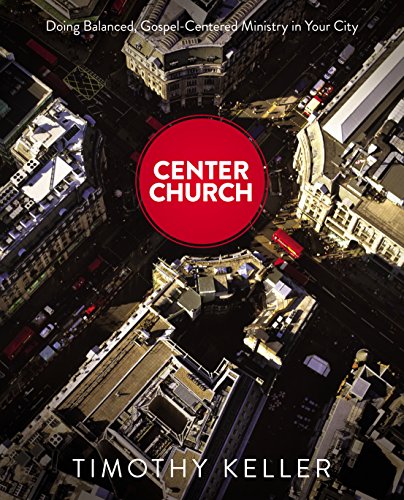Center Church: Doing Balanced, Gospel-Centered Ministry in Your City

Publisher: Zondervan
Price: $3.99 (Ends May 31)
Practical and Gospel-centered thoughts on how to have a fruitful ministry by one of America’s leading and most beloved pastor.
Many church leaders are struggling to adapt to a culture that values individuality above loyalty to a group or institution. There have been so many “church growth” and “effective ministry” books in the past few decades that it’s hard to know where to start or which ones will provide useful and honest insight.
Based on over twenty years of ministry in New York City, Timothy Keller takes a unique approach that measures a ministry’s success neither by numbers nor purely by the faithfulness of its leaders, but on the biblical grounds of fruitfulness.
Center Church outlines a balanced theological vision for ministry organized around three core commitments:
Gospel-centered: The gospel of grace in Jesus Christ changes everything, from our hearts to our community to the world. It completely reshapes the content, tone, and strategy of all that we do.
City-centered: With a positive approach toward our culture, we learn to affirm that cities are wonderful, strategic, and under-served places for gospel ministry.
Movement-centered: Instead of building our own tribe, we seek the prosperity and peace of our community as we are led by the Holy Spirit.
“Between a pastor’s doctrinal beliefs and ministry practices should be a well-conceived vision for how to bring the gospel to bear on the particular cultural setting and historical moment. This is something more practical than just doctrine but much more theological than “how-to steps” for carrying out a ministry. Once this vision is in place, it leads church leaders to make good decisions on how to worship, disciple, evangelize, serve, and engage culture in their field of ministry—whether in a city, suburb, or small town.” — Tim Keller, Core Church
